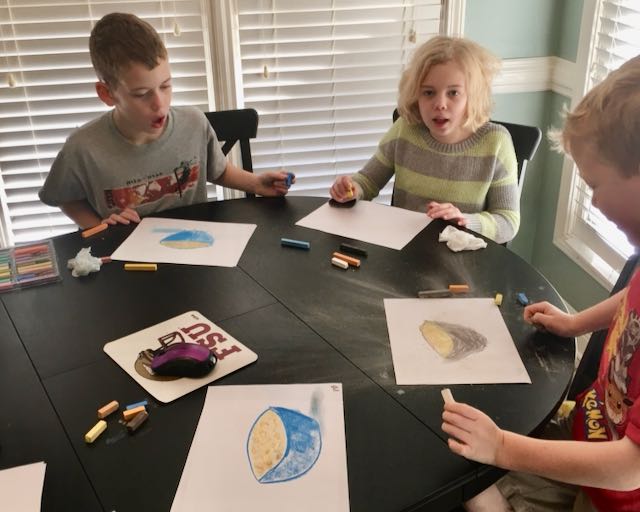
In this episode, Pam tackles listener questions about sibling dynamics within the homeschooling setting. Are you perplexed about what happens when a younger child surpasses an older sibling in skills like math or reading? Or you’re trying to navigate the challenge of keeping an older child engaged in learning while younger siblings are at play.
Pam offers a deep dive into these challenges, drawing from personal experience and providing actionable strategies. She emphasizes recognizing individual strengths, considering unique curriculums, and establishing clear boundaries between siblings. Whether you’re a homeschooling veteran or just starting, this episode is packed with practical advice and encouragement.
Key Takeaways
- It’s not uncommon for younger siblings to catch up or surpass their older siblings in subjects like math or reading.
- Rather than emphasizing areas of competition, highlight each child’s unique skills and talents, whether in academics, arts, or other fields.
- Using different curriculums for siblings can prevent direct comparison, which can alleviate potential tensions.
- Programs without grade levels or ones labeled with non-specific markers (e.g., alpha, beta) can reduce comparison opportunities.
- Speak to the child who’s excelling about being sensitive to their sibling’s feelings.
- While older siblings might have more responsibilities, they should also be given unique privileges or perks to compensate.
- Especially for younger kids, short lessons can be more effective and engaging. The emphasis should be on the quality of time spent, not the quantity.
- Homeschooling, with its challenges, inherently builds character. Recognize that even the simple act of completing a lesson contributes to this.
- Morning Time is an effective tool for combining lessons and can be tailored to suit multiple age groups, offering both structured and freeform learning opportunities.
Resources
Listen to the Podcast
Watch on YouTube
- How to Transform Math Lessons without Changing your Curriculum with Denise Gaskins - April 26, 2024
- Homeschooling Boys with Durenda Wilson - April 12, 2024
- What About Lab Sciences? with Dr. Moon - March 29, 2024
Leave a Rating or Review
Doing so helps me get the word out about the podcast. iTunes bases their search results on positive ratings, so it really is a blessing — and it’s easy!
- Click on this link to go to the podcast main page.
- Click on Listen on Apple Podcasts under the podcast name.
- Once your iTunes has launched and you are on the podcast page, click on Ratings and Review under the podcast name. There you can leave either or both!
